-
![LANG-CODE-KEY]() LANG_NAME_KEY
LANG_NAME_KEY
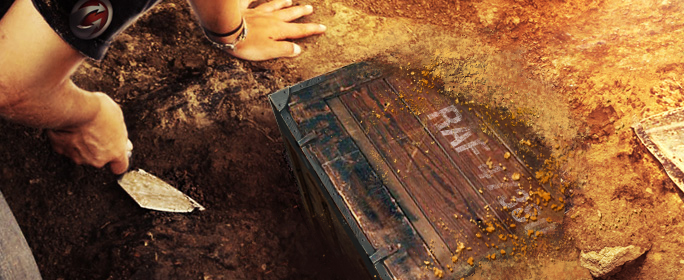
Summer in Yangon is oppressively hot. The sun blazes down mercilessly and “the heat rolls from the earth like the breath of an oven”, as Orwell phrased it in Burmese Days. And when it rains, the city streets become a steam bath. Step outside the hotel, and your glasses fog up instantly and your shirt sticks to your back. The best place to cool off is high up on Singaturra Hill, where the afternoon breeze cools penitents and pilgrims alike. I needed to get out of the hotel. I decided to climb the hill to think. I hopped in a battered taxi and drove to Shwedagon late in the afternoon, after the rains had receded and the sun returned. I took off my shoes at the entrance to the South Gate (mouk) and climbed the endless marble steps up the covered arcade to the top of the hill. Between the massive red and gold pillars of the arcade are vendor stalls filled with carved Buddha statues, candles, incense, devotional books, and good luck charms. I bought some flowers (as an offering) and walked out into the bright sunshine of the yin byin – the vast marble platform upon which Shwedagon pagoda rests. The golden bell-shaped stupa soars hundreds of feet above, dwarfing the many colorful temples and pagodas that encircle it. I sat down on the polished wooden floor of temple near the South entrance, watched the monks and penitents slowly circling the pagoda, and reflected on our journey.

Shwedagon holds a special place in Burmese hearts. It was from here in September 2007 that thousands of monks took to the streets and marched to opposition leader and Noble Laureate Aung San Suu Kyi’s home, where she remained under house arrest. This was the so called Saffron revolution. The military Junta responded hesitantly at first but then with increasing force, arresting pro-democracy demonstrators, blocking websites, raiding monasteries, and finally shooting monks – which led to world-wide condemnations and tighter sanctions. This history gave me pause. Is Wargaming doing the right thing? Is it ethical for us to do business in Myanmar? Perhaps sensing my disquiet, a young monk, barefoot and clad in red saffron, sat down beside me. He asked where I was from in the most beautifully accented English. We ended up talking for hours about life in Myanmar, Buddhist thought (I’ve read widely on the subject), and ‘the Lady’ – as the Burmese call Aung San Suu Kyi. I was surprised at his openness in talking about politics. I confided in him about my misgivings about our project. He said that if our intentions are good, and we can bring benefits to the Burmese people, then we can do business with a clear conscience. I told him that we are not here to make money from our venture – but would instead donate any profits to support historic preservation. He said that is good and will earn us much merit. His calm demeanor reminded me of the Buddhist saying “be in the world but not of it.” The last rays of sunlight glinted off the pagoda and a cool breeze flowed through the temple. We sat for a while, listening to the monks chant. At last I took my leave and thanked him for his companionship. Sadly I never did catch his name, but it was a memorable afternoon. I headed back down the hill, reassured about our quest.
 |
 |
For decades Myanmar has grappled with the legacy of colonialism, the destruction wrought by the Japanese invasion, and the civil war and isolation that followed in the post-war era. Many visitors speak of Myanmar as a country frozen in time. But things are changing. We are in Myanmar at a historic moment, as the country transitions from military to nominal civilian rule, political prisoners are freed, and press censorship is ended. In the aftermath of the April 2012 elections, the European Union, the United Kingdom, and the United States decided to lift sanctions on Myanmar. Aung Sang Suu Kyi initially opposed lifting the sanctions, to keep up pressure for further reforms – but by September she announced that they should be lifted. The sanctions had been a major obstacle for David and for Wargaming, since we obviously couldn’t export the planes if the country was under a trade embargo. Now that the lady had given her blessing to Western companies doing business in Myanmar – provided they did so ethically – the way was clear for us to move ahead.
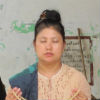 |
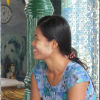 |
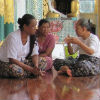 |
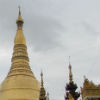 |
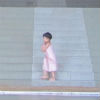 |
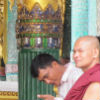 |
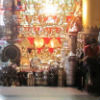 |
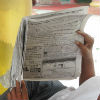 |
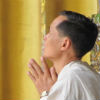 |
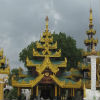 |
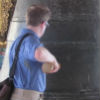 |
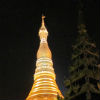 |